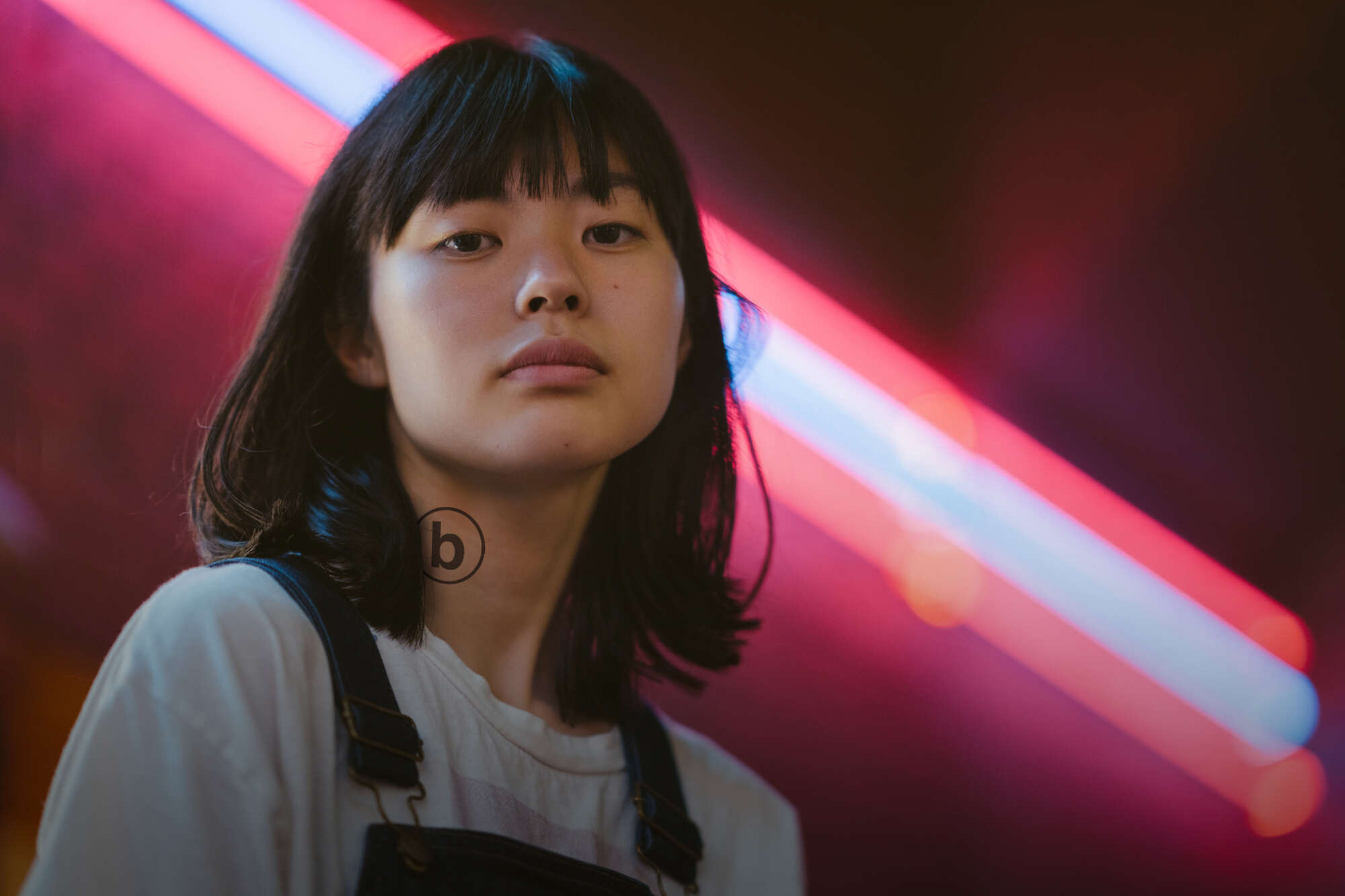UN launches the ‘Bodyright’ campaign to end rise in gender-based violence online

In December 2021, within the 16 days of activism against gender-based violence, the United Nations Fund for Population Activities (UNFPA) launched the campaign ‘Bodyright’, a new ‘copyright’ for human bodies. The ambition is to shine a light on the harmful impact of online abuse and demand better protection of images of human bodies online.
Online violence has serious repercussions, particularly for women, on their well-being, mental health, self-expression, and professional and economic livelihoods (for those who depend on online and social media spaces for their job). According to the Economist Intelligence Unit – the research and analysis division of The Economist Group of The Economist newspaper – 85 % of women with access to the internet have witnessed online violence against other women, and 38 % have experienced it personally. Moreover, 65% of women surveyed have experienced cyber-harassment, hate speech and defamation, while 57% have experienced video and image-based abuse and ‘astroturfing’, where damaging content is shared concurrently across.
The campaign highlights that corporate logos and Intellectual Property are more highly valued and better protected online than images of human bodies. Many countries have adopted laws making copyright infringement illegal, and digital platforms have devised ways to identify and prevent unauthorised use of copyrighted material. Conversely, very few countries have passed laws that make online violence illegal.
To compensate for these shortcomings, the ‘Bodyright’ campaign launched a brand new “copyright” for the human body, through the ⓑ symbol, which can be added to any image via Instagram stories using stickers, or by downloading it from the webpage. The ⓑ symbol aims to hold policymakers, companies, and individuals accountable while simultaneously driving the message that women, girls, racial and ethnic minorities, the LGBTQ+ community, and other marginalised groups are valued and will not be violated online.
In addition, the ‘Bodyright’ campaign launched the Governments and Big Tech: Recognise Bodyright and End Online Abuse petition and it has created a dedicated section of the website which features stories of victims and survivors of digital violence from around the world.

